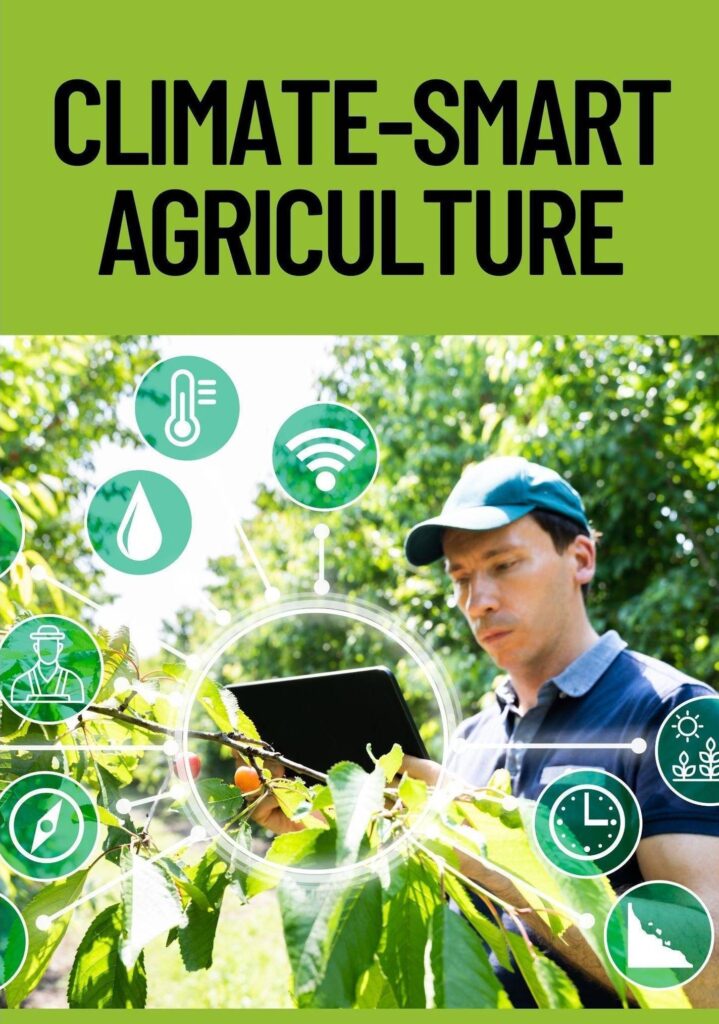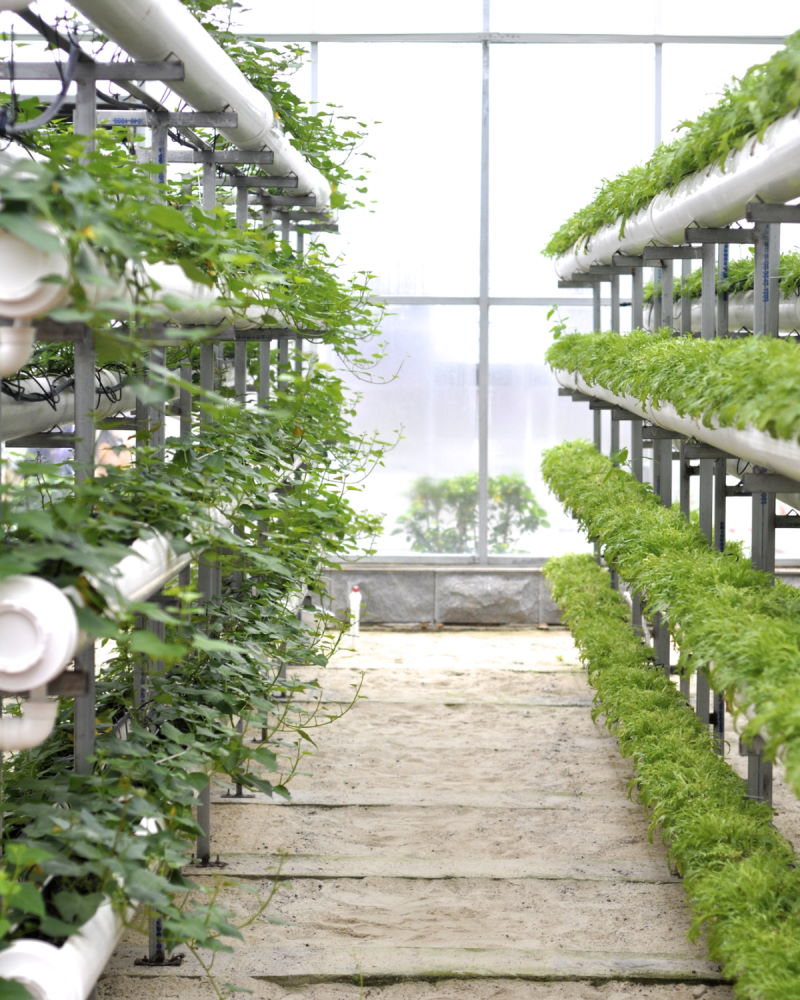RISKS
Climate-Smart Agriculture (CSA) Risks:
Even though CSA offers advantages in a changing climate, there are some things to consider:
Upfront Cost
Implementing new CSA practices can require investment in things like new equipment, seeds or altered irrigation systems. This can be a burden for small-scale farmers.
Knowledge and Training
New approaches may require training for farmers to adopt them effectively
Data Availability
Making informed decisions about CSA practices often relies on good data about local climate trends and suitable techniques. This data may not be widely available in all regions.
Impact of Climate Change
Climate change poses a serious threat to agriculture around the world. The key impacts: Reduced Crop Yields, Changes in Planting Seasons, Increased Pests and Diseases, Water Scarcity, Soil Degradation, Salinization, Cyclone, Flood, Drought, Heat Waves, Cloud Burst etc.,


Hydroponics Risks
Hydroponics offers several benefits but also has its own set of considerations:
Technical Expertise
Hydroponic systems require knowledge of nutrient solutions, Ph balancing, and monitoring equipment. Mistakes can damage crops.
Initial Investment
Setting up a hydroponics system can be expensive, including structures, specialized containers, and constant monitoring equipment.
Reliability of Power and Water
Hydroponics heavily relies on consistent water supply and often electricity for pumps and climate control. Disruptions can damage crops
Disease and Pest Susceptibility
Plants in a hydroponic system are often more vulnerable to disease outbreaks due to the confined environment. Strict hygiene practices are essential.
Risk Evaluation
By understanding these risk factors, you can make informed decisions about implementing climate-smart practices or hydroponics in your own agricultural operation.
